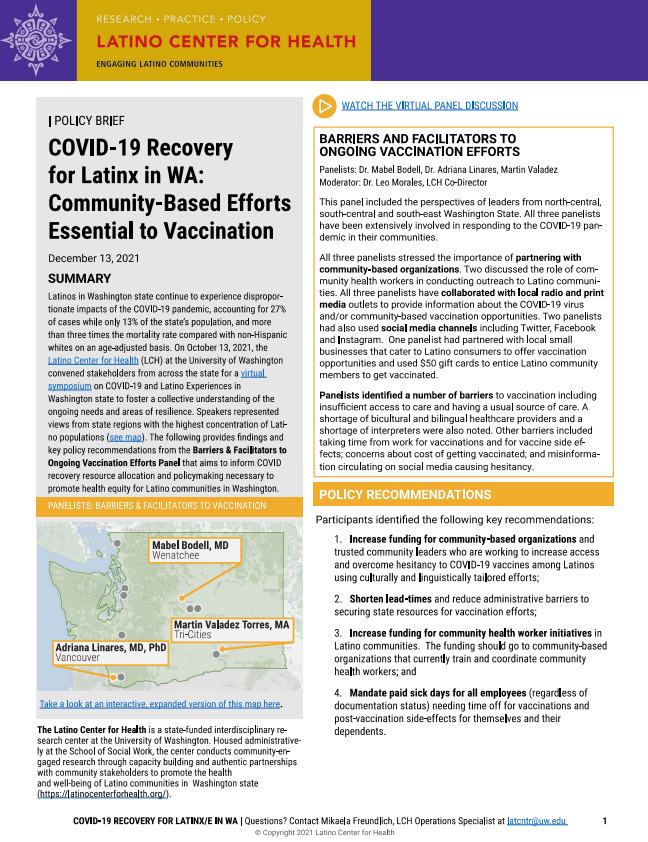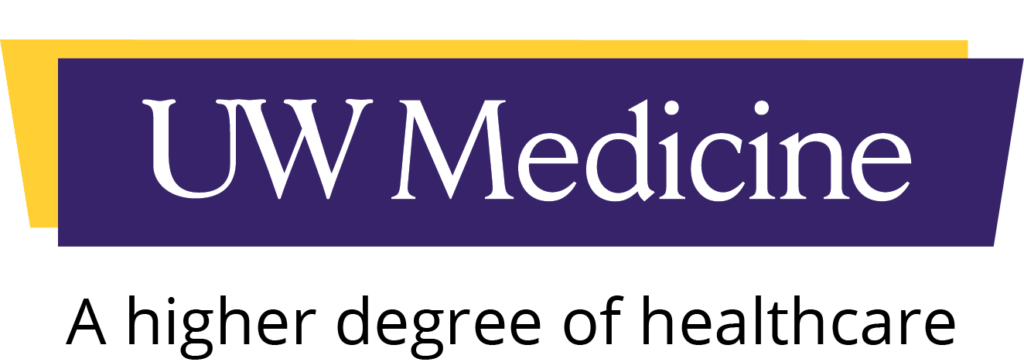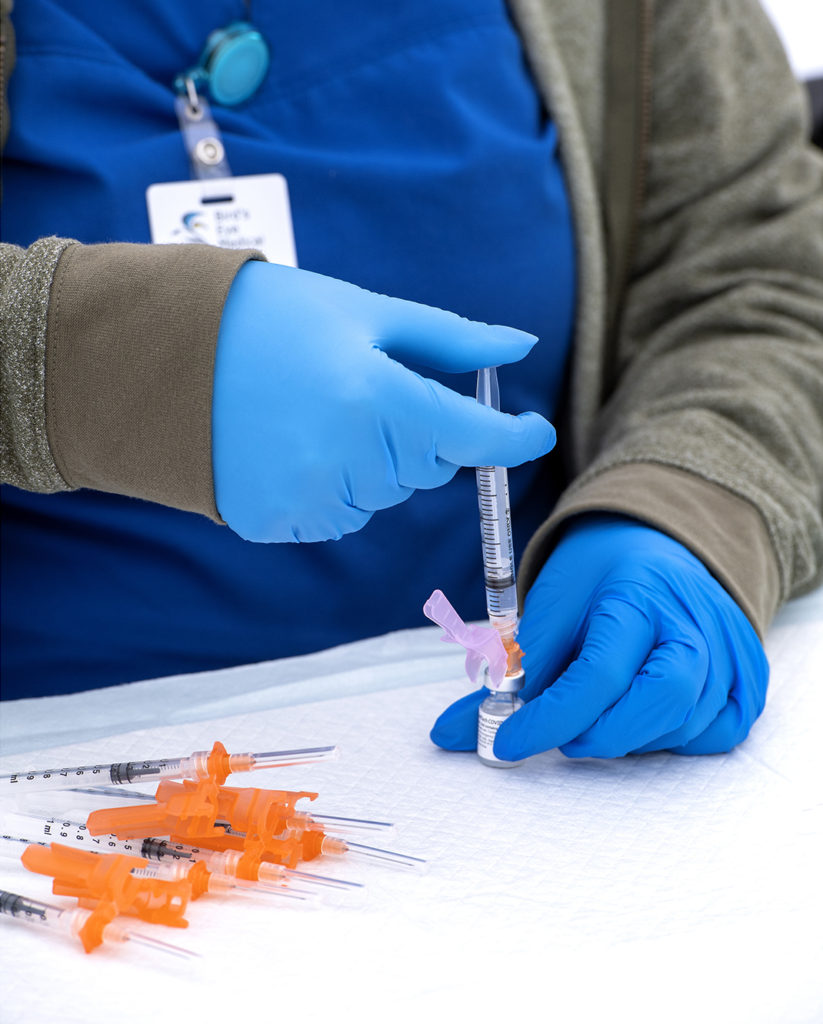Latinx leaders from across the state share stories of loss and resilience while identifying new paths to recovery for their local communities.
University of Washington, Seattle: As the Latinx community continues to face disproportionate impacts of the COVID-19 pandemic, leaders from across Washington state are calling for culturally responsive policies and resources to promote health equity for urban and rural Latinx communities statewide.
As of December 14, 2021, Latinos in Washington state account for 22% of COVID-19 cases while only 13% of the state’s population, and more than three times the mortality rate compared with non-Hispanic whites on an age-adjusted basis.
As part of a virtual symposium hosted by the Latino Center for Health in October, community leaders gained a collective understanding of the ongoing needs and shared stories of resilience in our community. Discussions centered around four topics significant to our Latinx communities in pandemic times:
- COVID-19 Vaccination Efforts
- Mental Health & Wellbeing
- Return-to-School
- Mutual Aid
LCH published four policy briefs highlighting the symposium’s main takeaways—along with key policy recommendations that aim to inform COVID recovery resource allocation and policymaking necessary to promote health equity for Latinx communities in Washington. Key policy recommendations include:
- Increase multicultural and multilingual state programming and proactive information distribution (including emergency preparedness and response programming).
- Increase the number of multicultural, multilingual WA therapists, psychologists, and other mental health practitioners and support the provision of telemental health services.
- Mandate paid sick days for all employees (regardless of documentation status) needing time off for vaccinations and post-vaccination side-effects for themselves and their dependents.
- Develop and implement culturally responsive, trauma-informed training for all educators and school staff at publicly funded schools.
- Increase funding for community health worker initiatives in Latinx communities. Funding should go directly to community-based organizations that currently train and coordinate community health workers
“It’s important to invest in the people and grassroots organizations that have been on the ground for years,” said Marisol Lister, symposium panelist and Development and Communications Coordinator at Washington Immigrant Solidarity Network (WAISN). “We know this is not going to be the last crisis that our communities will face.”
To learn more about Latinos’ experiences surrounding COVID-19 in WA state and additional recommendations for promoting health equity, visit our COVID-19 policy brief series page.



